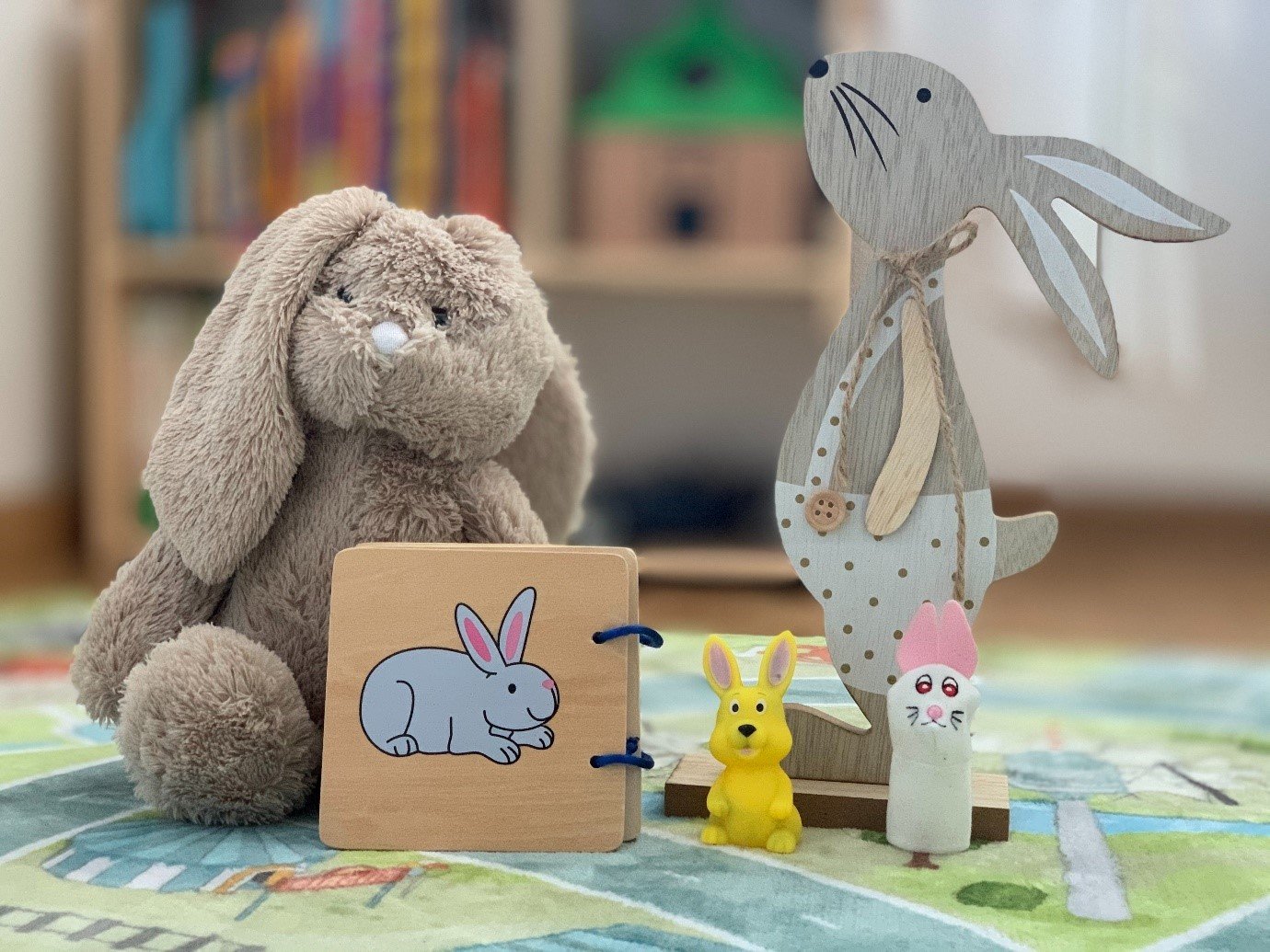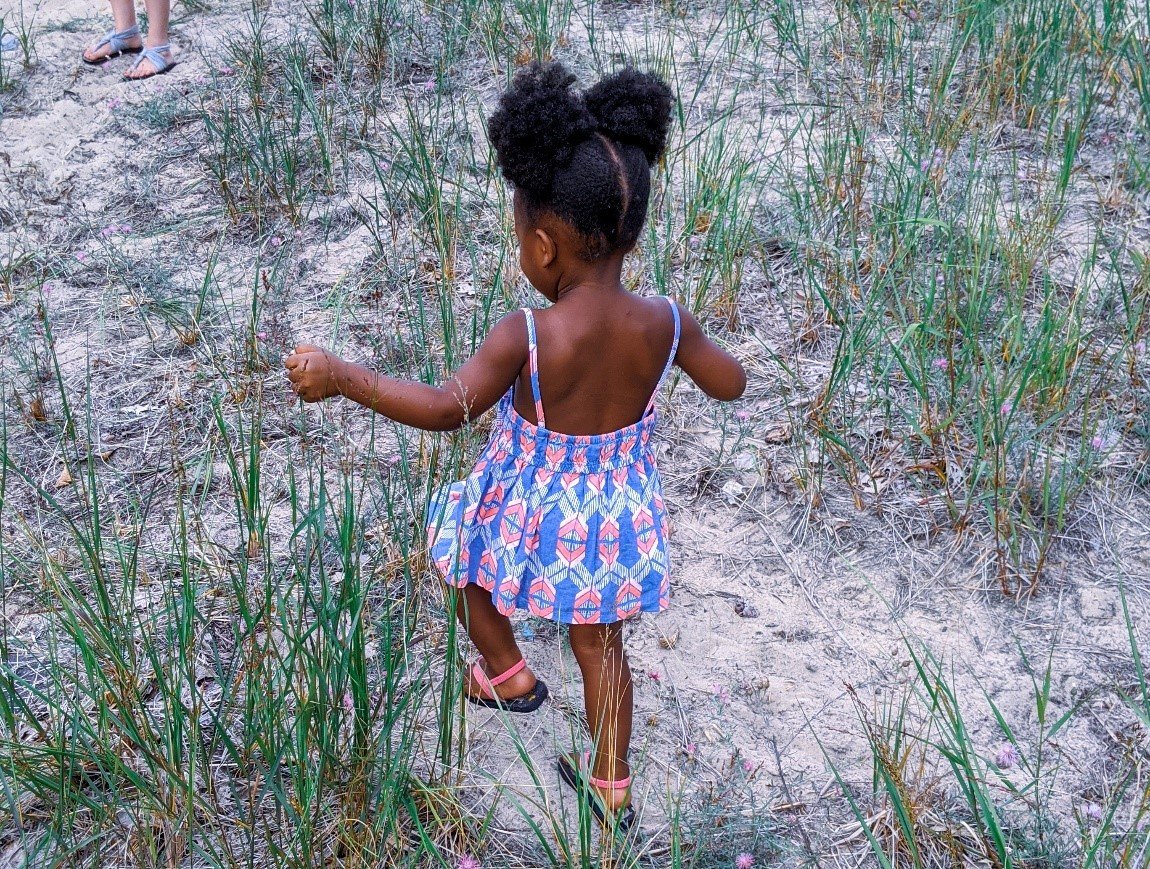THE MISUNDERSTOOD TODDLER
Being a parent means you must deal with a toddler at some point, hence you would understand the need for more articles like this.
THE MISUNDERSTOOD TODDLER
Being a parent means you must deal with a toddler at some point, hence you would understand the need for more articles like this.
I will start up by saying toddlers are very misunderstood. They are eager to be independent by trying to do things themselves which tends to result in a mess. They also tend to have trouble dealing with limits, compromises, and disappointments. Then they have their sleep cycle which tends to be a nightmare once disrupted.
This can all be dealt with by providing love and routines which could give them a guide on how to behave and show what is achievable. We would discuss a few tips on what to do when you have your hands full with an adorable toddler.

Explain the rules better.
Instead of saying Stop hitting your head on the wall, try saying if you do not stop hitting your head in the wall you could hurt yourself. Hence explaining the consequences of their actions help make them understand why it should not be done. PS: it does not really stop them from doing what they want.

Be affectionate
Try being more affectionate when possible and if possible, make sure your displays of affection for your child outnumber any consequences or punishments. Little signs of affections like hugs, kisses, touching the cheeks, saying you love them would reassure them. Toddlers are good at picking up signs of affection and they do tend to reciprocate it to their siblings and parents.
Be Consistent
It is important to be consistent when you discipline a toddler. Firstly, toddlers do tend to notice little discrepancies especially with regards to repercussions. Stick to the rules you made as parents and be ready to give warnings for things you can follow through. For example, saying No to a toddler having sweets after 19:00 hrs should be always enforced. If you dare break the rules there would be consequences.
Secondly, you must be a good example as they are ever so observant. This starts by repeating what their parents say so it might be a good time to void using curse words.

Use Distraction
The art of distraction is essential when dealing with toddlers. This should be deployed when toddlers head towards danger or attempt to go to places which might not be safe. They tend to distract easy hence pointing towards a safe space or object, singing or clapping would get their attention. Furthermore, in situations where they get naughty, saying No, Stop, don’t do that would be efficient and please try and avoid spanking or hitting a toddler as they are unable to make the connection between the behaviour and physical punishment.
Practice Timeout
Experts say timeout is an effective means of addressing bad behaviours in toddlers. This involves getting the toddler to sit on a chair, a quiet corner in the living room, even the bottom stairs for a few minutes till they are calm. For example, A toddle who has been throwing food could be told it is wrong and given a time out to sit in a quiet corner. Remember they distract easily hence it would be wise to remove any toys or objects they could engage with.
As a rule, about 1 minute per year of age is a good guide for timeouts. Longer timeouts have no added benefit. And they could undermine your efforts if your child gets up (and refuses to return) before you signal that the timeout has ended.

Even the toughest of parents are hardly a challenge for a full-blown toddler, but please remember that as their language skills develop, they become more reasonable hence better at behaving.
If their bad behaviour persists despite every effort, might be a good time to get in touch with SandsClinic, we have a few tricks up our sleeves. Until then, happy parenting.